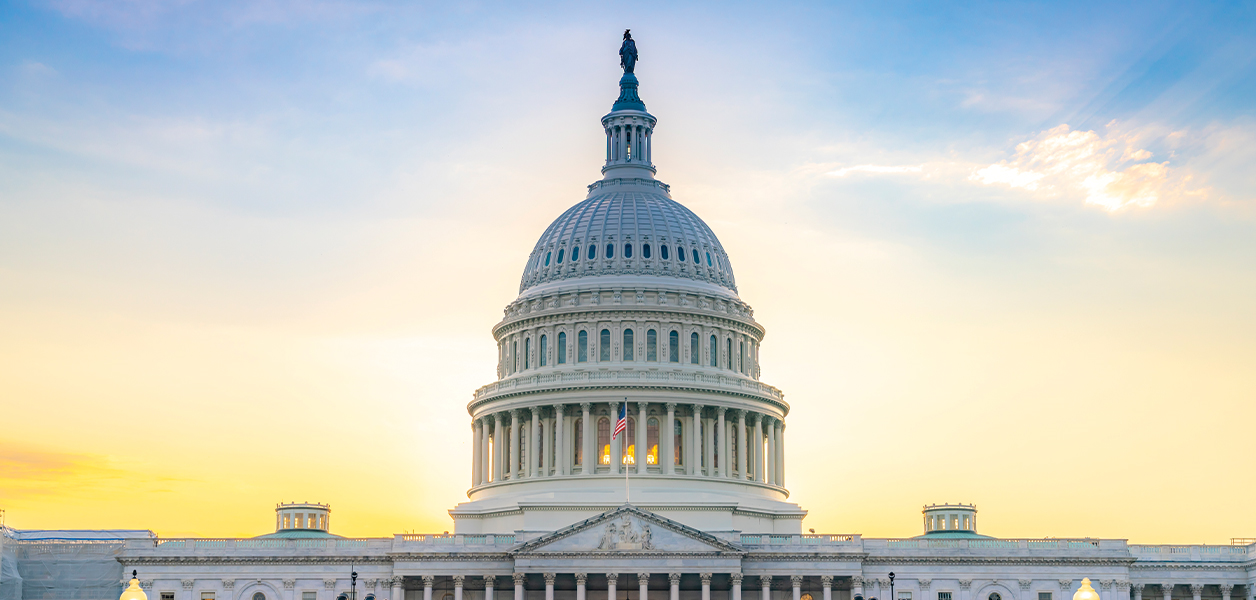NRCA submits comments regarding EPA assessment of vinyl chloride
On Oct. 23, NRCA joined with industry leaders, such as the Vinyl Institute, in submitting comments regarding the Environmental Protection Agency’s consideration of prioritization (and ultimately further regulation or ban) of vinyl chloride (and polyvinyl chloride) under the Toxic Substances Control Act.
During recent years, we worked with industry partners to successfully push back against an effort by the Center for Biological Diversity to convince the EPA to designate discarded PVC as hazardous waste, which ultimately was denied by the EPA. NRCA also will join a Vinyl Chloride Alliance Coalition that is being formed. The purpose of the coalition is to have a structure in place that allows us to collaborate and connect to stay ahead of the issue, as well as an aligned approach regarding activating industry stakeholders to submit feedback to the EPA during each step of the process.
Support ROOFPAC during NRCA’s Fall Committee Meetings in Austin, Texas
Join your NRCA friends at the elegant Roosevelt Room, Austin’s award-winning cocktail bar, for a fun and unique cocktail reception in support of ROOFPAC Wednesday, Nov. 13, from 5:30-7 p.m. ($175 person/$225 per couple). Members of NRCA’s Political Insiders Council and Capitol Hill Club are invited to attend complimentary as a benefit of their membership. We thank Holcim Building Envelope—whose portfolio includes Elevate Commercial Roofing Systems, Duro-Last, Malarkey, GenFlex, Gaco and Enverge—for sponsoring this event.
To RSVP or for more information, please visit nrca.net/roofpac-fall-event. Questions? Contact NRCA Director of Political Affairs Teri Dorn at tdorn@ncra.net or (202) 510-0920.
Remember to vote on Election Day Nov. 5, and join NRCA for a post-election webinar
Election Day is nearly here, and hundreds of thousands of people have already cast their vote. NRCA encourages everyone to exercise their civic duty—whether on Election Day, in-person during early voting or by mail. Please take a moment to learn more about your state’s deadlines and do your research to vote for candidates who will best serve our industry and our country. We hope you can join NRCA for a webinar Nov. 19 at noon CST to discuss the 2024 Election and 2025 Legislative and Political Outlook.
Department of Labor Special Enforcement Report regarding certain employment contract provisions
On Oct. 15, Department of Labor Solicitor Seema Nanda issued a Special Enforcement Report highlighting what the agency considers to be potentially “coercive” employment contract provisions “that may discourage workers from exercising their rights under worker protection laws.” The areas of focus outlined in the report include the following:
- Contractual provisions requiring workers to waive statutory protections
- Contractual provisions that require employees to agree they are independent contractors
- Indemnification-type provisions and related counterclaims purporting to shift liability for legal violations to workers or other entities
- “Loser pays” provisions attempting to require employees to pay the employer’s attorney’s fees and costs if the employees do not prevail in litigation or arbitration
- “Stay or pay” provisions, including some training repayment assistance provisions, that require workers to pay damages to their employer for leaving a contract early
- Confidentiality, non-disclosure and non-disparagement provisions
- Company policies that require workers to report safety concerns to their employer before contacting any government agencies
The report indicates DOL plans to focus on increased enforcement with respect to these types of employment contract provisions in the future.
NRCA joins comments regarding the 179D energy-efficient commercial buildings deduction
On Oct. 15, NRCA, as part of the Coalition for Energy Efficient Jobs & Investment, submitted comments in support of the 179D energy-efficient commercial buildings deduction. Comments centered around the deduction’s effects on the economy and jobs; ways to improve the deduction to increase its usage; and potential implications of the recent Supreme Court decision overturning the Chevron doctrine, which historically required courts to defer to federal agencies’ reasonable interpretations of ambiguous statutes.




